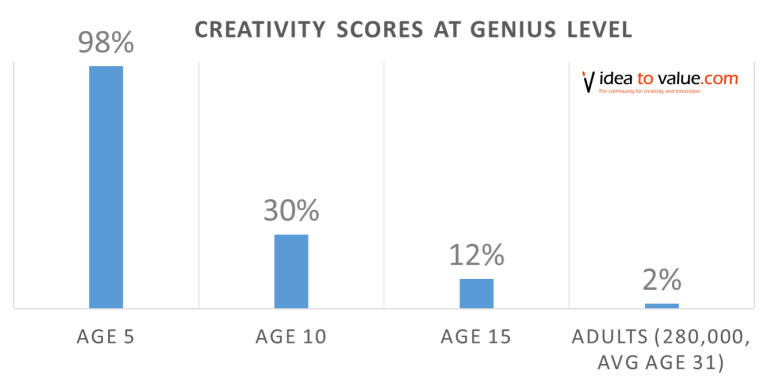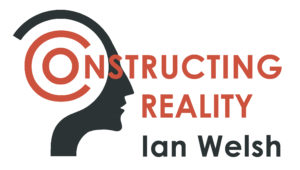In “Fire From The Gods” I argued that humanity has proven consistently unable to handle new technologies: that we have usually wound up making them do more harm than good. This is a first in a series on looks at past attempted solutions.
Now the people who made these solutions usually didn’t say that they were trying to solve the problems of technology, though it’s implicit in some myths, like that of the eating from the tree of knowledge and being kicked out of paradise. But there is a wave of major solution sets being proposed all at about the same time. This is known as the Axial revolution, and includes Socrates/Plato, Confucius and Buddha. Zoraoaster comes in a bit earlier, Jesus rather later and the Jewish prophets (who spend a lot of time on social issues) scattered around thru the period.
The Buddha was born a nobleman, and during his life his father was conquered. While called a “king”, his father really lead a coalition of nobles and warriors: clans. He wasn’t a powerful king in the sense of having the ability to enforce his will. The Kings who were rising during this period in India were, and it was one of them who conquered his father. Indeed the Buddha’s time was one of huge prosperity in the part of India he lived in: probably this was the most prosperous area in in the world. They were urbanizing and for those who got in on the prosperity, standard advice was to keep one-third of one’s profits for oneself, give one-third to one’s friends and give the final third away.
They were filthy rich.
At the same time they were deeply dissatisfied and a large group of people renounced and tried to find a better way of living. These people were admired: they weren’t considered to be bums, but because they lived with few possessions and were trying to find a way out for everyone, were generally looked up to. It is that group Siddhartha joined.
Now the story of Siddhartha is that he was brought up by his father with all suffering concealed from him: aging, death and disease in particular, because a prophecy said that if he saw such, he would leave. Eventually he did and he left.
But, and this is important, the essence of the Buddha’s question is heroic to the point of being quixotic. Siddhartha saw suffering and instead of saying “well, it’s inevitable, I just have to accept it” instead determined:
Fuck suffering. I refuse to accept it is inevitable and I will dedicate my life to finding a way to end suffering.
Now that’s heroic to the extent of imbecility, except that he seems to have succeeded.
This is the core of all great ideologies, of which religion’s are a subset. The are based on a heroic ideal: a heroic conception of what it is possible for humans to achieve. Something extremely idealistic, often to the point of near insanity.
Buddhism is a heroic ideology, just like Christianity and Marxism and the Declaration of Independence and Confucianism and even Capitalism (to name only a few, but a few we will be covering.)
On a personal note, having done a lot of work and meditation and met a fair number of masters who seem to “have it” I’d say the Buddha succeeded: his way works. But, unfortunately, it doesn’t work for everyone, at least not in one life. (If reincarnation is a thing.)
Buddhist societies have sometimes extended the mandate. Asoka, the first Buddhist King of India had, so far as I know, the world’s first animal welfare laws. Construction in Buddhist Tibet was slow and difficult, because they would dig out the foundations very carefully, sift thru the dirt and remove the insects and worms and so on so they didn’t kill them.
Even when suffering cannot be ended, we can reduce it. The reduction of suffering and, when possible, its end, is the goal of Buddhism.
Mahayana Buddhism, with its Boddhisattva ideal, is an extension of this. Final enlightenment is said to remove one from the cycle of reincarnation (this doesn’t necessarily mean the individual stops existing, but they stop coming back here.) So a Boddhisattva swears to not accept final enlightenment until all sentient beings are enlightened. They’re going to stick around and keep helping, thru multiple lives if necessary.
We’re all ending suffering together
That’s the Mahayana extension.
Now of the great solutions, Buddhism is in the group I consider to have done less harm than good, but it’s definitely been perverted at various times. Like all ideologies, like all great ideals, there are ways it goes wrong. We’ll deal with that in the next article, but I wanted the articles separated, and this will be a pattern, because I want people to focus on the dream, on the ideal, on the greatness of the initial conception and its beauty. That beauty is there in all great ideologies; all of them, or they would not have succeeded.
Sometimes you have to dig a bit to find it, though not in Buddhism, but it’s always there. Just as in dealing with enemies, even when it’s an ideology you have (or perhaps you hate all ideologies) acknowledging whatever virtues there are is important. Great ideologies succeed, in part, because of some seed of great beauty: something wonderful.
If you want to understand the ideology, you cannot just look at all the evil it has done, or what you hate about it. You must find the beauty. If you haven’t, you aren’t close to the truth. If I skip some ideologies, it will be because I can’t see the core beauty that obvious exists in them. (Islam perhaps, if I can’t figure it out while I’m doing this series.
We’ll continue with the failures of Buddhism: the ways it either went wrong, or failed to achieve its dream. But understand that failing to go all the way doesn’t mean good wasn’t done, for any ideology, or even that more good wasn’t done than ill, especially for a period of time.
See you soon.
The results of the work I do, like this article, are free, but food isn’t, so if you value my work, please DONATE or SUBSCRIBE.


